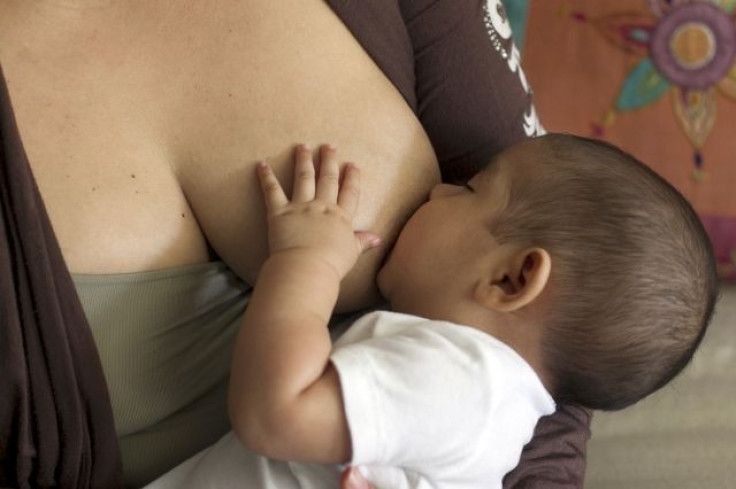
A new initiative to regulate the sales and advertising of baby bottles generated such controversy in Venezuela, that its discussion, contemplated for this week at the National Assembly, had to be postponed.
"We're not going to discuss it until we review it well," said a source close to congresswoman Odalis Monzón, leading advocate of the reform to the "Promotion and Protection of Brestfeeding" law, existing in Venezuela since 2007.
Days ago, Monzón announced that this week the reform that seeks to ensure breastfeeding in the first stage of the newborn, was to be discussed. Such reform is supposed to ensure the habit that has been "lost" because many transnational companies are promoting and selling baby formula.
"We want to promote breastfeeding to continue with that mother-baby bond, that beautiful experience that's as beautiful as the love of the child to the mother. Every baby should be breastfed until he or she is at least six months old," she argued.
According to Monzón, the reform comes from groups of concerned mothers who want to protect their babies from diseases.
"We need to visualize all the consequences that come from baby bottles. Sometimes they're not properly washed," she explained.
The proposal of the deputy of the United Socialist Party of Venezuela (PSUV) seeks to end the promotion of nutritional formulas and bottles for newborns. This amendment would prohibit mothers to feed their babies any food or drinks other than breast milk until they're six months old. "The baby bottles will be prohibited, except in specific cases," said Monzón.
"All we want to do is to stimulate breastfeeding," she defended. This proposal has provoked a wave of criticism from the opposition, who believes that you can't encourage breastfeeding by applying coercive measures.
"These statements seek to stigmatize the practice of medicine and harass people with millions in fines," said opposition lawmaker Dinorah Figuera. "I disagree with the fact that a law that is supposed to promote breastfeeding, needs to have a punitive element."
Figuera emphasized that the 2007 law that sought to promote breastfeeding, did it without criminalizing those who didn't.
For hospitals and physicians who disregard its provisions, the bill imposes fines of up to $50,000 and a 120-day suspension from the medical practice.
That law already establishes some prohibitions that will be kept after the reform, according to declarations by Monzón.
One of them, for example, is that media can't promote the use of baby bottles or discourage breastfeeding. No one is allowed to give away samples of formula or bottles, and every package of complementary baby food or formula needs to have a disclaimer saying that "breast milk is the best food for boys and girls until they reach the age of 2."
Monzón continued to defend the reform by adding that "bottles are still going to be in the supermarkets, but they won't be advertised."
The bill also provides that companies and institutions include in their work schedules shifts for mothers to breastfeed their babies, and furnished spaces for this purpose. In addition, it mandates the creation of breast milk banks.
© 2024 Latin Times. All rights reserved. Do not reproduce without permission.
